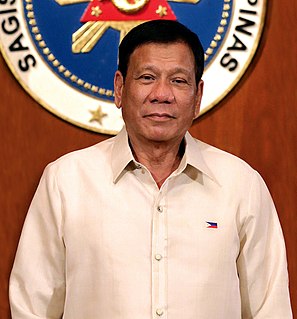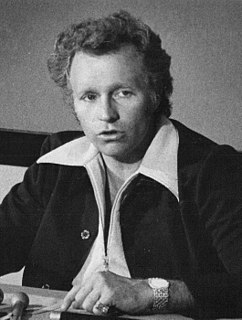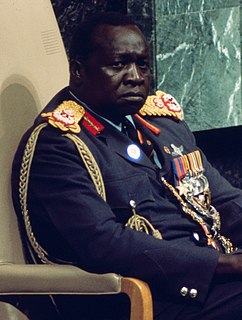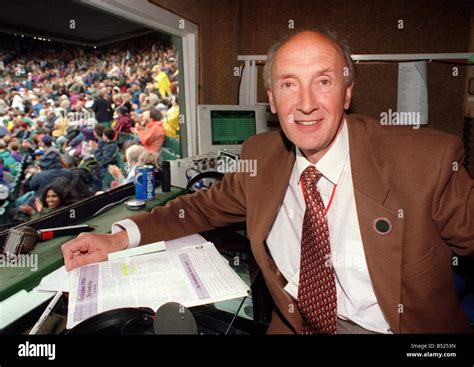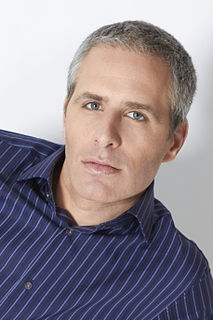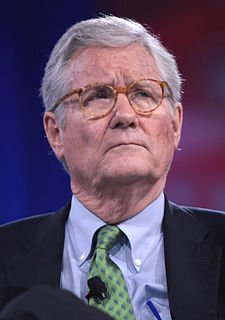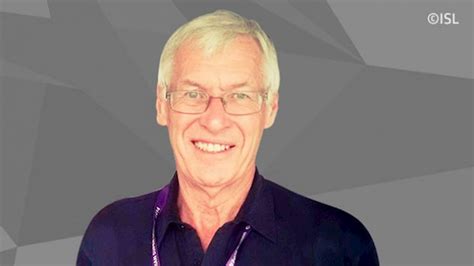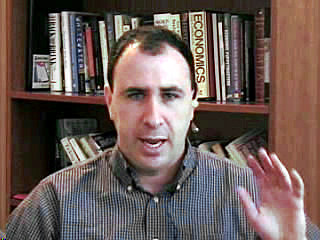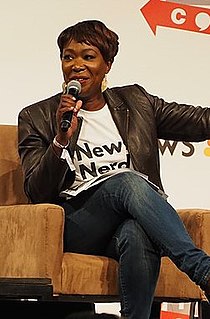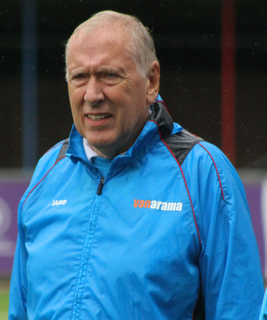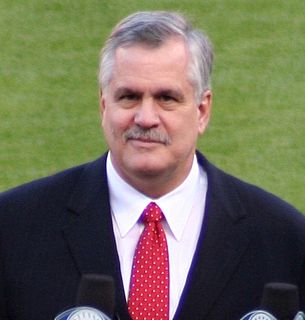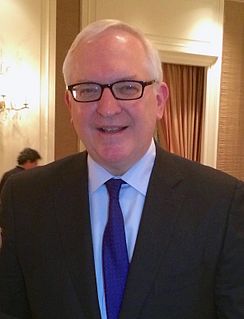A Quote by Alan Parry
Related Quotes
I was pretty much consumed by this character. Even when I was off, I was continually searching to find something else new about [Idi] Amin, and to embed myself deeper into the culture to the point that, in the end, I was so entrenched that I could tell what tribe someone was from just by looking at them.
I'm really excited that people are receiving my performance like this. It makes me feel good, because I've been working really hard. And this character [Idi Amin], I worked particularly hard on. But I don't want to get too caught up in it, because first of all, it could lead to a great disappointment. You never know what's going to happen.

